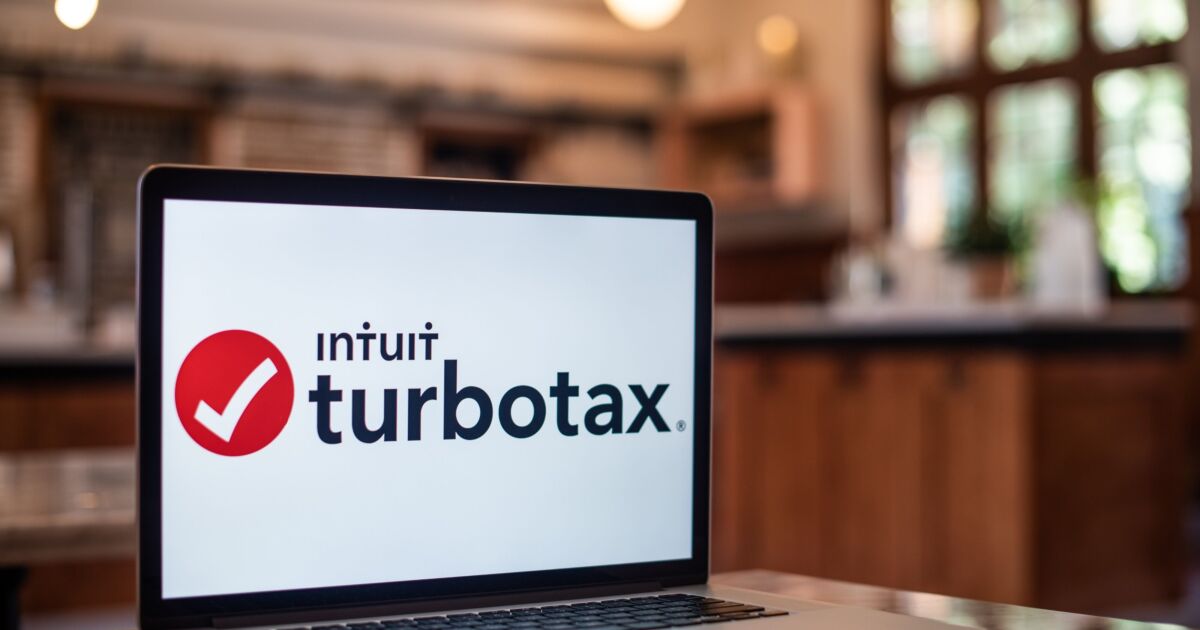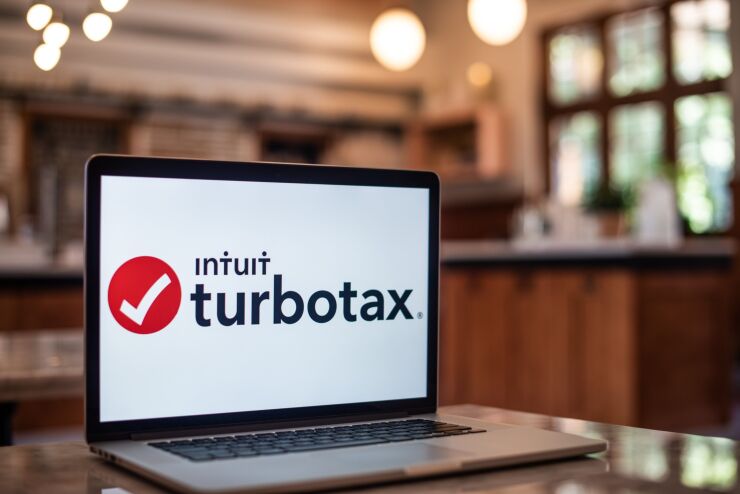Fewer than 1% of small to midsized firms can find the talent they need, according to CFO Dive. This talent shortage isn’t just a minor inconvenience; it’s a critical issue that affects a firm’s capacity to attract new clients, retain existing talent and maintain operational efficiency.
While the scarcity of talent is a problem, it’s one that’s compounded by the misallocation of tasks and responsibilities.
Many processes within accounting firms are managed end to end by CPAs, despite a substantial portion of these tasks not requiring a CPA’s specialized skills or license. This misalignment leads to job dissatisfaction among highly qualified professionals and hampers the firm’s productivity and effectiveness.
To address these challenges, firms must adopt a strategic approach to talent management, focusing on getting the right people doing the right work at the right time.
A critical step in optimizing your workforce is to dissect your firm’s processes and evaluate each task through the lens of necessity: “Does a CPA need to do this?”
In our experience, when firms look honestly at their processes, they find that at least 50% of the tasks within any given process do not require a CPA’s expertise. These tasks are often repetitive and mundane and contribute significantly to job dissatisfaction among CPAs who would prefer to engage in more complex or client-facing work.
By identifying these tasks, firms can begin to reconstruct their processes in a way that more effectively leverages the skills of non-CPA employees.
Benefits of a unique-ability team
Getting the right people doing the right work at the right time offers several benefits.
1. Broadening the talent pool. Recognizing that a significant portion of work does not require CPA-level expertise opens up a new realm of possibilities for talent recruitment. Instead of focusing solely on accounting graduates, firms can broaden their search to include candidates with diverse backgrounds and skill sets, including technology, project management, data analytics, marketing, HR, and people with experience in the firms’ niche industries.
This approach alleviates the pressure on CPAs and introduces fresh perspectives and competencies into the firm, enhancing creativity and innovation. By diversifying the talent pool, firms can build more resilient and adaptable teams capable of meeting the evolving demands of the profession.
2. Strategic workload management. Another aspect of optimizing talent involves rethinking the timing and distribution of work. Workload compression — particularly during the busy season — has been an issue for ages. However, a significant portion of the work accounting professionals do from January through April 15 does not necessarily need to be performed during these months.
By critically assessing the “who, when and what” of your processes, you can identify opportunities to redistribute tasks throughout the year, easing the burden during the busy season. This strategic approach to workload management improves job satisfaction, reduces employee burnout and enhances the firm’s ability to deliver timely, high-quality service to clients.
How to implement change
Getting the right people doing the right work at the right time requires thoughtful planning and execution. Here are some steps to guide you through the process:
1. Process analysis. Begin with a comprehensive review of your firm’s processes, identifying tasks that do not require a CPA’s expertise or licensing.
2. Talent assessment. Evaluate your current team’s skills and interests, identifying opportunities to reallocate tasks to maximize job satisfaction and efficiency.
3. Recruitment strategy. Develop a recruitment strategy that targets a broader range of candidates, focusing on the specific skills and attributes needed.
4. Training and development. Invest in training and development programs to equip your team with the skills they need to excel in their roles, fostering a culture of continuous learning and improvement.
5. Workload redistribution. Analyze your firm’s workload distribution, identifying opportunities to shift tasks outside of the busy season and balance the workload more evenly throughout the year.
By embracing these strategies, you can address your firm’s talent challenges head-on and create a more satisfied, engaged and productive workforce. The key to success lies in recognizing the value of each team member’s contributions, regardless of their title or credentials, and ensuring everyone is positioned to do the work that best aligns with their skills and interests. By doing so, you can help overcome your current talent challenges and build a stronger, more resilient foundation for the future.


 Accounting6 days ago
Accounting6 days ago
 Economics1 week ago
Economics1 week ago
 Stock News6 days ago
Stock News6 days ago
 Stock News1 week ago
Stock News1 week ago
 Finance1 week ago
Finance1 week ago
 Stock News1 week ago
Stock News1 week ago
 Personal Finance6 days ago
Personal Finance6 days ago
 Personal Finance1 week ago
Personal Finance1 week ago











